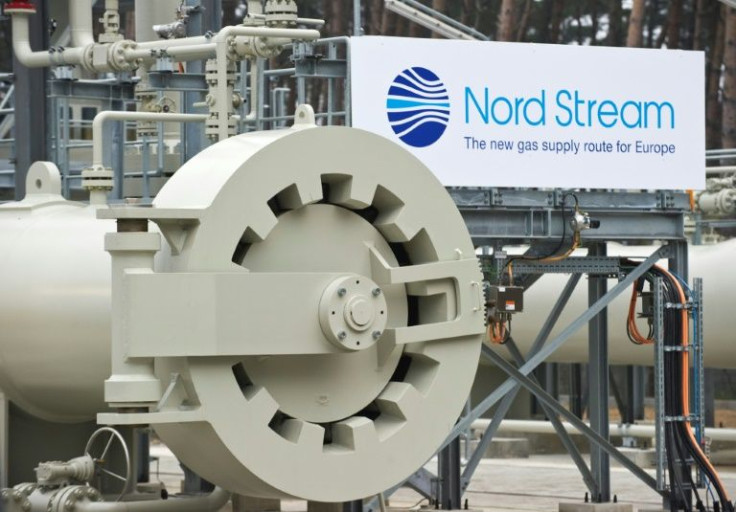Russia Resumes Critical Gas Supplies To Europe Via Nord Stream
Russia on Thursday resumed critical gas supplies to Europe through Germany, reopening the Nord Stream gas pipeline after 10 days, but uncertainty lingered about whether the continent could avert an energy crisis this winter.
"It's working," a Nord Stream spokesman said, without specifying the amount of gas being delivered.
The German government had feared that Moscow would not reopen the pipeline after the scheduled work.
It believes Russia is squeezing supplies in retaliation for Western sanctions over Moscow's invasion of Ukraine.
According to data provided by Russia's state-owned energy giant Gazprom to Gascade, the German operator of the line, 530 gigawatt hours (GWh) would be delivered during the day.
This was only 30 percent of its capacity, Klaus Mueller, president of Germany's energy regulator, the Federal Network Agency, said on Twitter.
Gazprom has cut flows to Germany via the vital Nord Stream 1 pipeline by some 40 percent in recent weeks, blaming the absence of a Siemens gas turbine that was undergoing repairs in Canada.
The German government has rejected Gazprom's explanation.

The Nord Stream 1 pipeline under the Baltic Sea has been shut down since July 11 to undergo annual maintenance.
But the resumption of 40 percent of supplies would be insufficient to ward off an energy crisis in Europe this winter, according to experts.
The European Commission on Wednesday urged EU countries to reduce demand for natural gas by 15 percent over the coming months to secure winter stocks and defeat Russia's "blackmail".
Announcing an emergency plan, EU commissioners also asked member states to give Brussels special powers to impose compulsory energy rationing if Russia cuts off Europe's gas lifeline.
A total shutdown of imports or a sharp reduction in the flow from east to west could have a catastrophic effect on the European economy, shutting factories and forcing households to turn down the heat.
Last year, Russia accounted for 40 percent of the EU's total gas imports and any further disruption to supply would also push consumer prices higher and raise the risk of a deep recession.
"Russia is blackmailing us," European Commission President Ursula von der Leyen told reporters.
"Russia is using energy as a weapon and therefore, in any event, whether it's a partial major cut-off of Russian gas or total cut-off... Europe needs to be ready."
Russian President Vladimir Putin has played hot and cold in recent days in his threats to cut off gas deliveries to the bloc of 27 members, but Brussels is asking EU countries to prepare for the worst.
© Copyright AFP {{Year}}. All rights reserved.




















